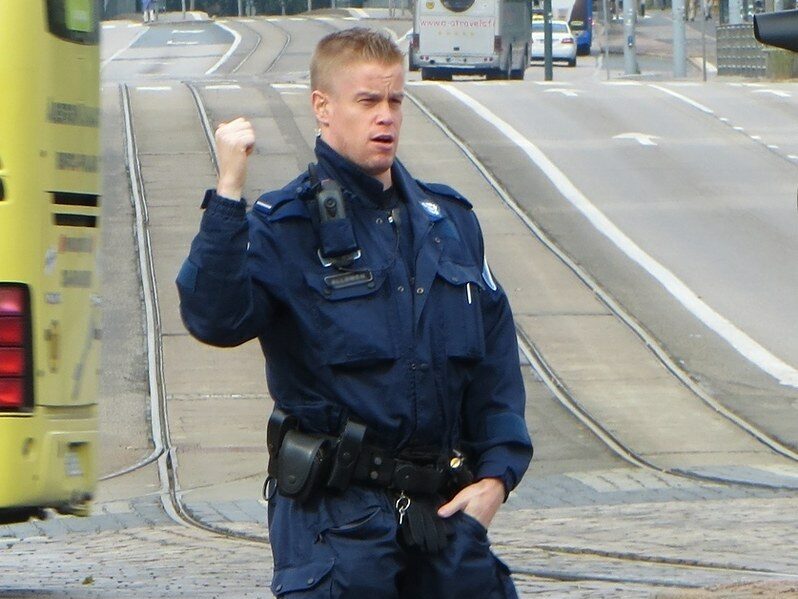
Being pulled over by the police can be a stressful situation, and it’s important to handle the interaction with caution and respect. Remember, your words and actions during a traffic stop can have a significant impact on how the situation unfolds. Here are 15 things not to say if the police pull you over and why they should be avoided.
“I know my rights.”
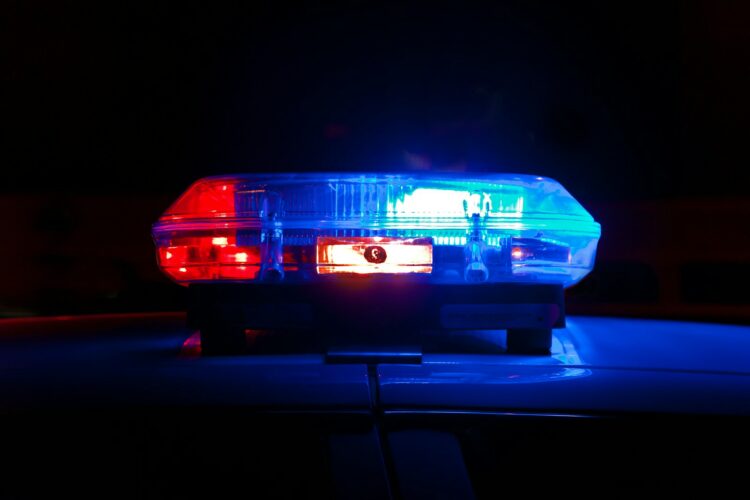
While it’s good to know your rights, saying this to an officer may come across as confrontational and escalate the situation. It’s better to remain calm and assert your rights if needed in a respectful manner. Some examples of respectful statements that may help you assert your rights include, “I am happy to comply, but could you provide me with more information?” or “I prefer to remain silent until I have consulted with my attorney.”
“Do you know who my family is?”
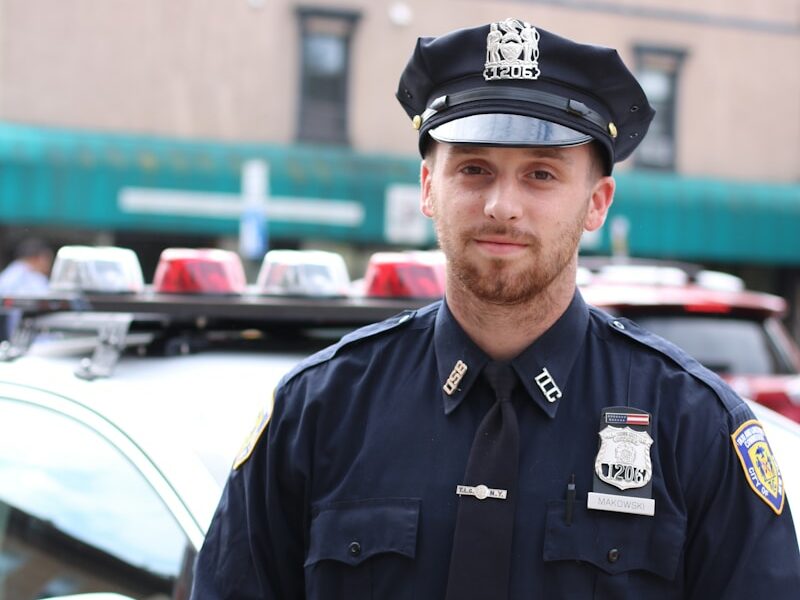
Mentioning your social status or connections can be seen as an attempt to influence the officer’s actions or intimidate them. It’s best to avoid name-dropping and address the situation professionally. During a traffic stop, be polite and respectful with the officer, just like you would be with anyone in a professional setting. Cooperating and following their instructions will help things go smoothly.
“I wasn’t speeding.”
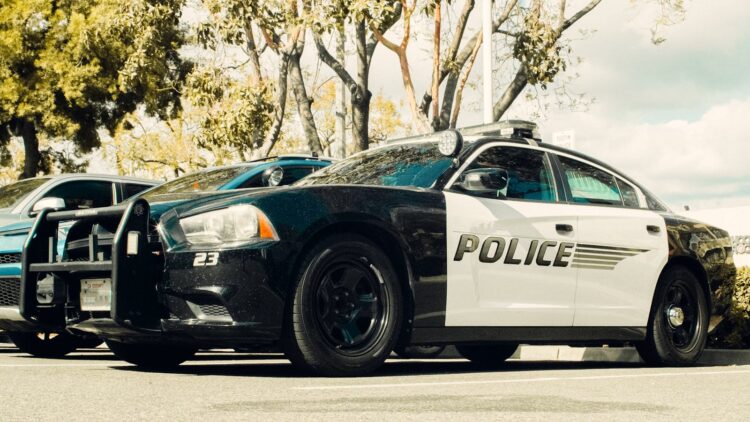
Denying a traffic violation that the officer has observed can create unnecessary tension. It’s advisable to stay cooperative and address any concerns through the appropriate legal channels. However, keep in mind that you have the right to contest a ticket or raise any concerns about the circumstances in a court of law.
“I don’t have to listen to you.”
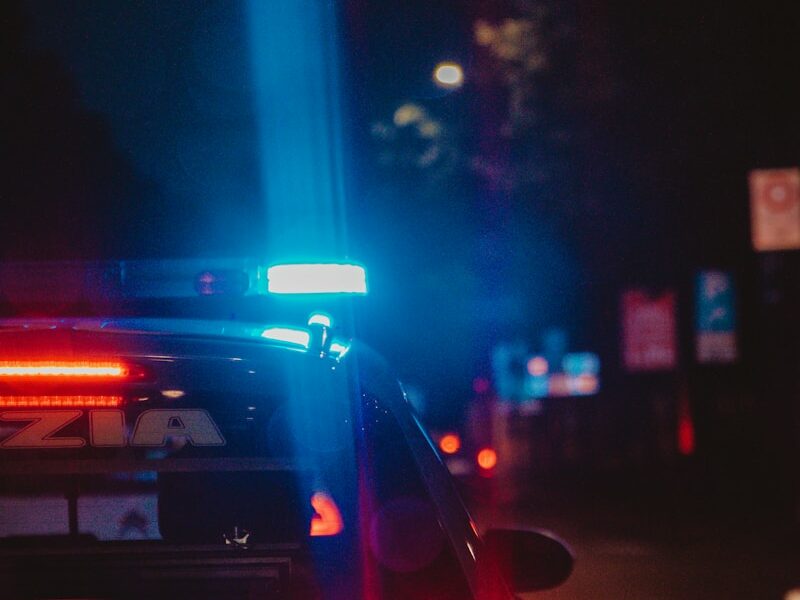
Disregarding the officer’s instructions during a traffic stop can have serious consequences and should be avoided. Law enforcement officers are trained to manage traffic stops effectively, and failing to follow their directions can escalate the situation futher and create unnecessary complications.
“Can we make this quick? I’m in a hurry.”
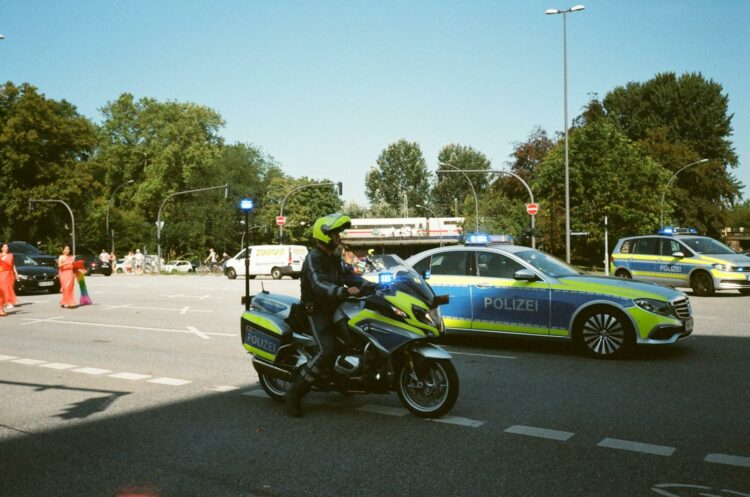
Asking for special treatment or rushing the officer can be perceived as disrespectful. You need to be patient and cooperative during the traffic stop process. By demonstrating patience and understanding of the officer’s duties and responsibilities, you show respect for their authority and the importance of following the traffic laws.
“I’m just trying to get home.”
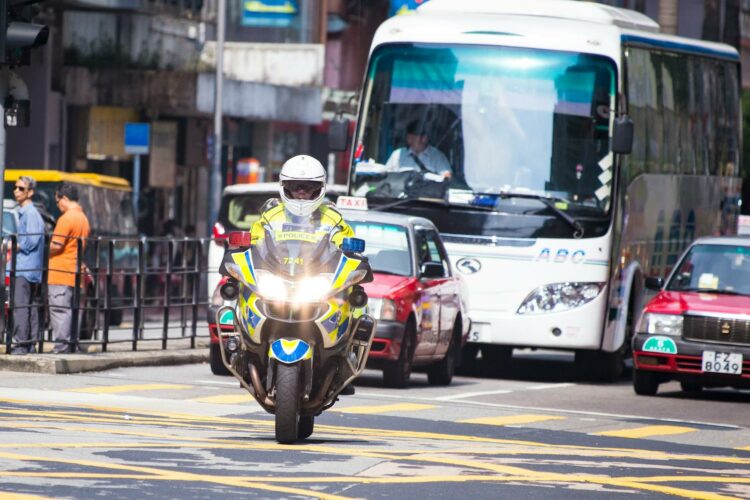
While it is understandable to want to explain your reasons for being in a rush during a traffic stop, you also need to be mindful of how your words may be perceived. While providing context for your urgency may help the officer understand your situation, it is essential to avoid making excuses that could be interpreted as attempts to evade responsibility for any traffic violations that may have occurred.
“I know the mayor.”
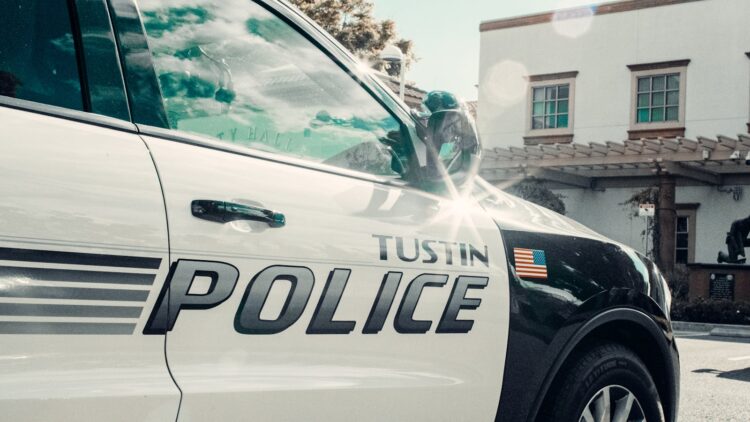
Bringing up political connections in an attempt to influence an officer’s actions can be perceived as an abuse of power and may lead to further complications. It would help if you handled interactions with law enforcement officers professionally and respectfully, regardless of any personal relationships or affiliations.
“I’ll report you to your supervisor.”
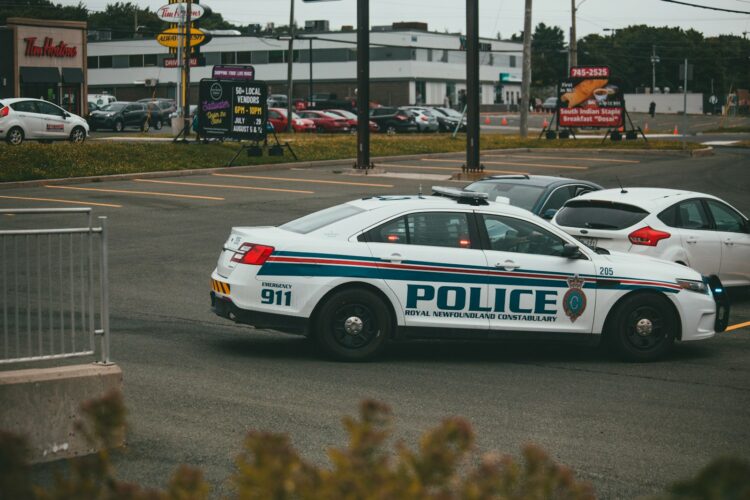
Threatening to report the officer during a traffic stop is not recommended as it can escalate the situation and create unnecessary tension. Expressing concerns or requesting clarification on the spot is acceptable if done in a polite and non-confrontational tone. If you have legitimate concerns about the officer’s conduct or the handling of the traffic stop, it is advisable to follow up through proper channels.
“I’ve had a few drinks, but I’m fine to drive.”
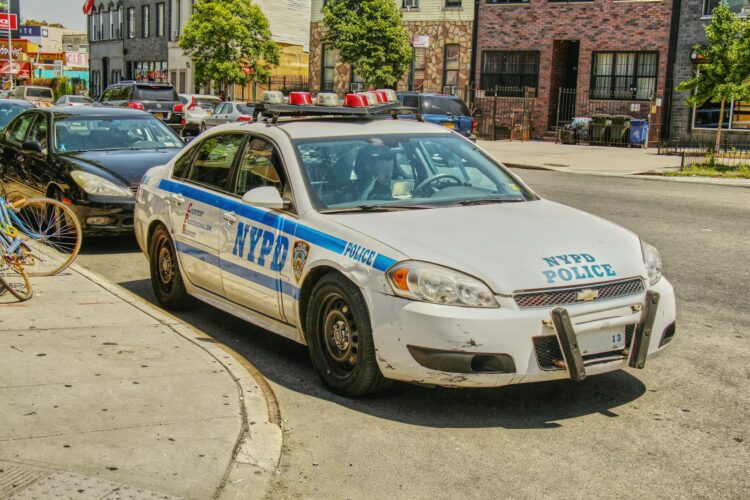
Admitting to drinking alcoholic beverages before driving is a serious matter and can lead to severe legal consequences, including charges of driving under the influence (DUI) or driving while intoxicated (DWI). It is in your best interest to demonstrate cooperation and compliance while also ensuring that your rights are respected throughout the process.
“I don’t need to show you my license and registration.”
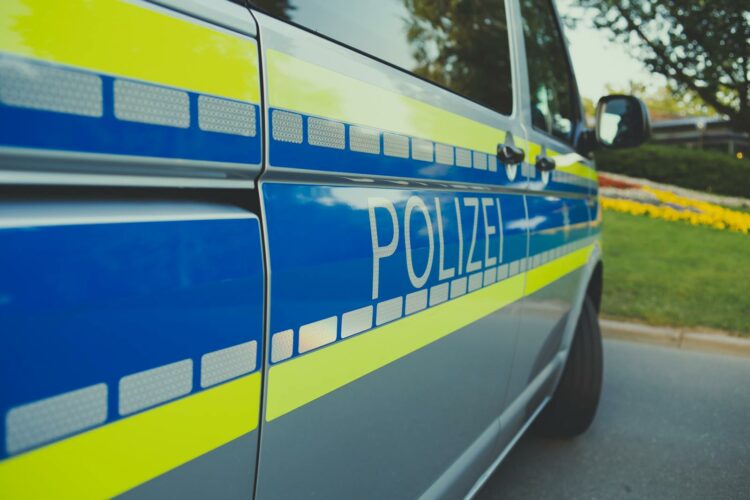
When a law enforcement officer requests identification or documentation related to your vehicle, you need to provide the necessary documents promptly and fully. Refusal to comply or avoiding the officer’s request can heighten tension and potentially lead to charges of obstruction of justice.
“I’m not discussing my day.”
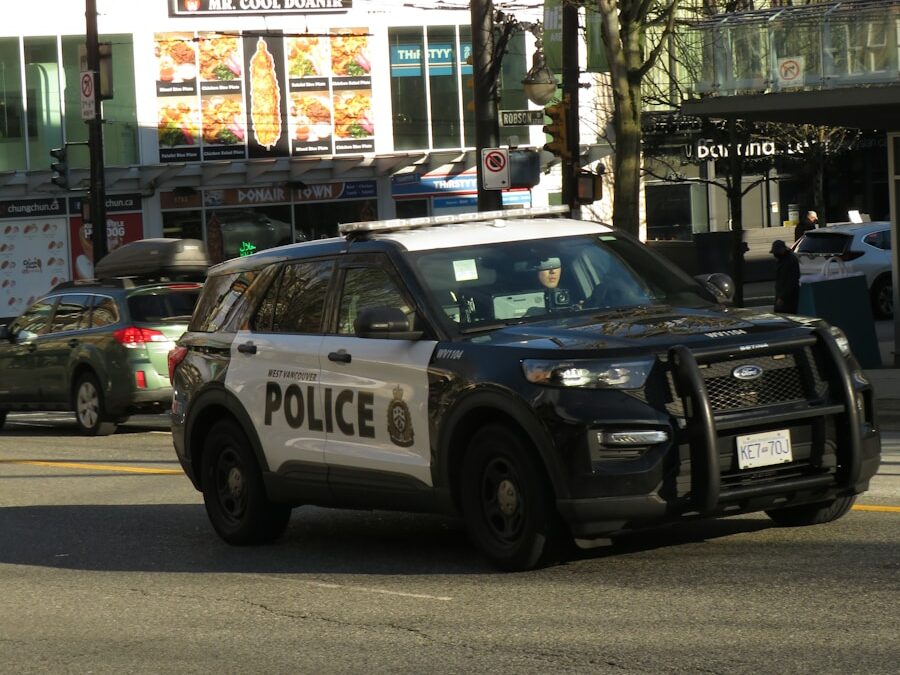
It’s important to answer the officer’s questions during a traffic stop, even if they seem weird. Not answering can make things worse and lead to more trouble. Just be polite and respectful with the officer, like you would be with anyone else.
“Are you profiling me?”
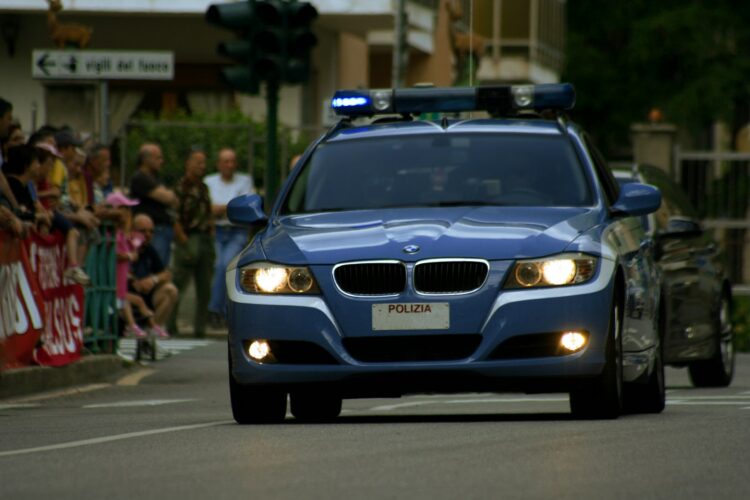
It’s never a good idea to accuse the officer of profiling you during a traffic stop. Even if you think they might be pulling you over for the wrong reason, arguing won’t help. If you’re worried about profiling, you can look into it later after things have calmed down.
“I don’t have any weapons in the car, I promise.”
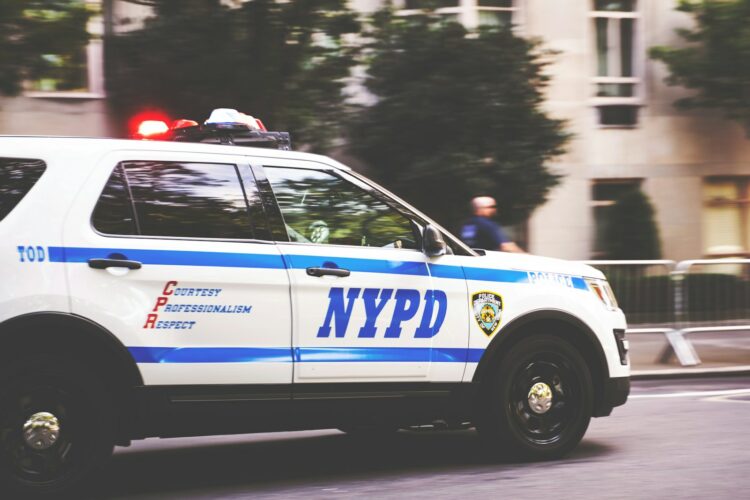
During a traffic stop, focus on answering the officer’s questions and following their instructions. It’s best to avoid bringing up weapons unless the officer asks you about them directly. Talking about weapons can make things tense for you and the officer. Remember, the goal is to have a safe and fast interaction.
“How much will it cost to make this go away?”
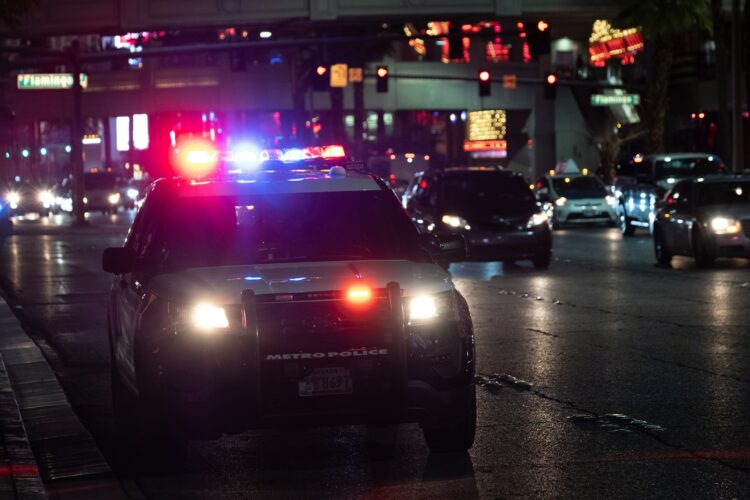
Trying to bribe an officer or get out of trouble with money is a bad idea. It’s against the law and not fair to others. The best thing to do is follow the officer’s instructions and deal with any problems later through the court system.
“You’re just doing this because I’m [insert race, gender, or any other identifying factor].”
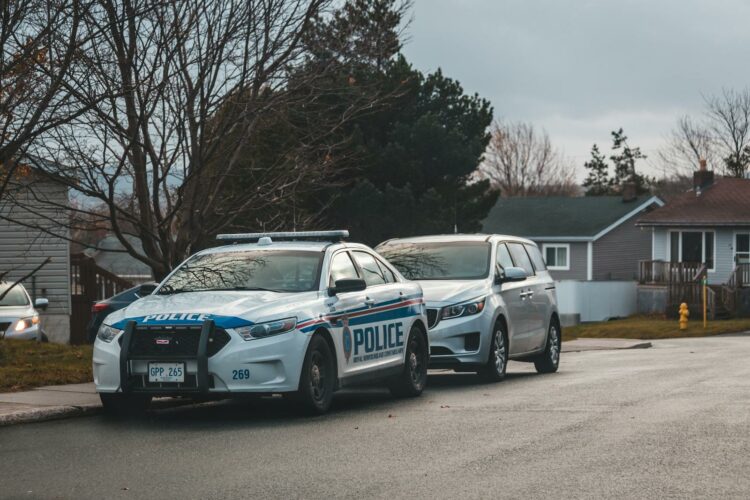
During a traffic stop, focus on following the officer’s instructions and answering their questions. It might not be the best time to bring up other problems you might have had. You can always look into those concerns later after things have calmed down.

Comments
Loading…